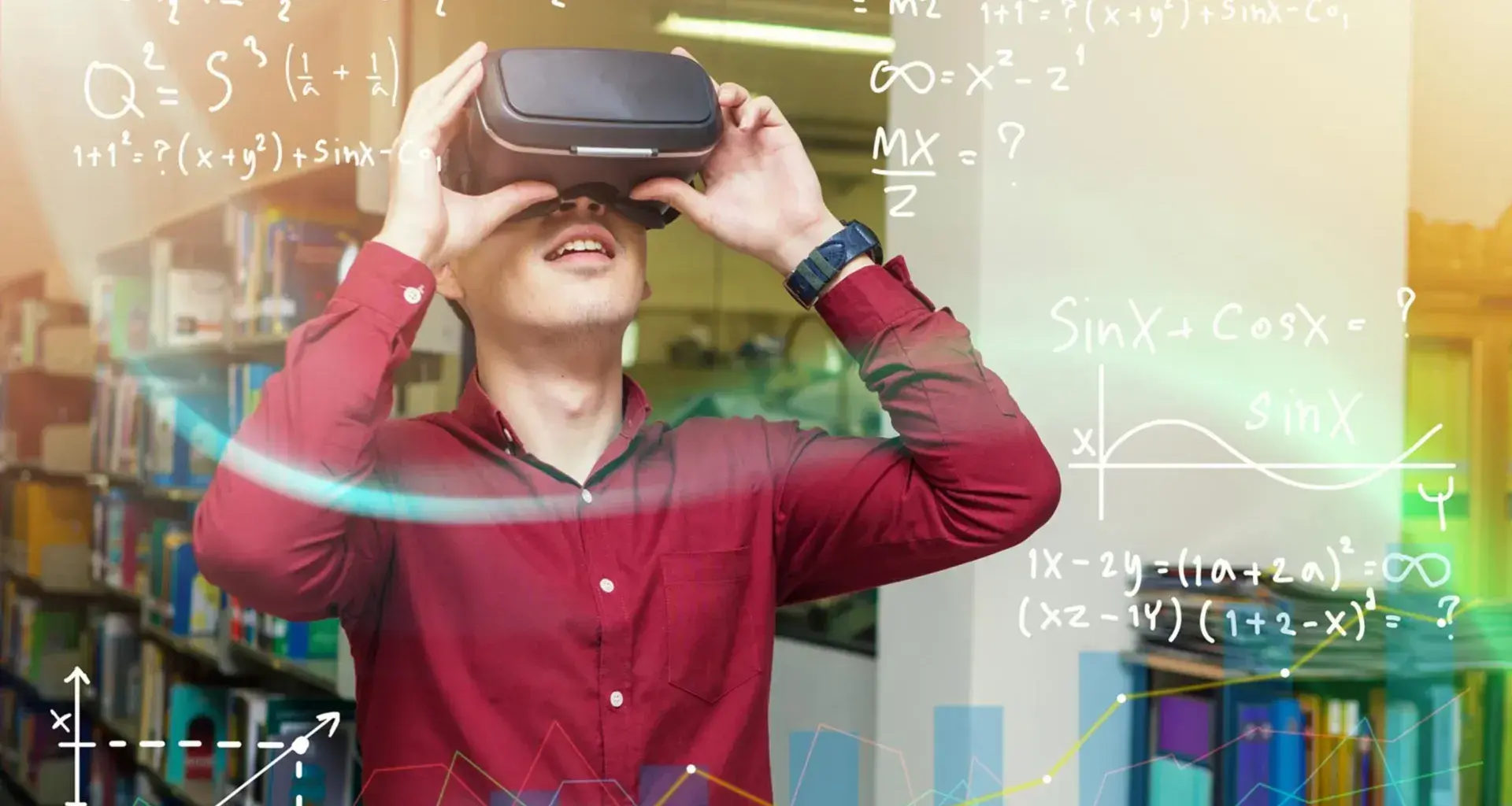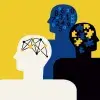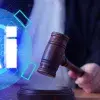Tec de Monterrey projects won gold, silver, and bronze in different categories at the QS Reimagine Education Awards, also known as the “Oscars” of education worldwide.
An education 4.0 platform promoting employability, a project promoting entrepreneurship, and an ecosystem of virtual and remote laboratories were the award-winning projects at the 2021 awards.
“Globally, these awards are known as the ‘Oscars of Education’,” said Patricia Aldape, Director of Learning Experience Innovation at the Tec, to CONECTA in 2020.
The prize is organized by QS Quacquarelli Symonds, producer of the QS World University Rankings, with awards given in 16 different categories, such as E-learning, Sustainability Education, and Artificial Intelligence.
Gold for Education 4.0 Platform
Arturo Molina and Jhonatthan Miranda headed the “Education 4.0 Platform to Foster Innovation and Entrepreneurship for All” project, which won first place in the “Nurturing Employability” category.
Molina is Vice-Rector for Research and Technology Transfer at Tec de Monterrey’s Mexico City Region, and Miranda is a postdoctoral researcher in Mexico City.
“It’s a category that promotes employability. We participated with an initiative developed by research professors from 2 groups.
“The project is a portfolio of programs in different formats: hybrid, face-to-face, and distance,” explains Miranda.
This teaching and learning program seeks to be a guide to promoting entrepreneurship and innovation through education, using technology such as hologram professors, immersive classrooms, and virtual and augmented reality.
Miranda explains that the platform is based on 3 pillars: the first being the methodology for designing educational products such as courses or learning programs.
The second is a portfolio of the courses they’ve launched, such as massive open online courses (MOOCs) on Coursera, distance learning classes, bootcamps, and workshops.
The third pillar is that of collaboration, in which agencies, companies, government, and universities are invited to participate in order to enrich the process and adapt it to each area and region.
“If we learn those skills, if we know what these trends are and we can provide environments, then we can propose courses where students receive excellent experiences.
“We start from the idea that we’re providing methodology and tools that everyone can apply to their own needs,” said Miranda.
Silver for remote, cyber-physical, and virtual laboratories project
Manuel Macías García headed the “Remote, Cyber-Physical and Virtual Platforms for Engineering Training” project in the E-learning category.
Macías, an Engineering professor at the Monterrey campus, explains that his project contemplates work carried out over 15 years in the field of virtual, remote, and cyber-physical laboratories.
“We put 3 technologies into the project. Remote laboratories have physical equipment residing in one place which isn’t accessed in person, but via the Internet,” says Macías.
On the other hand, he explains that virtual labs are comprehensive simulations of laboratories which include controls, equipment, and other aspects usually found in physical labs.
The third type of laboratory, Macías says, is a mixture of both. They contain elements of physical laboratories that students can manipulate and virtual aspects that would be impossible to have physically, such as elevators.
“Elevators don’t fit, they’d be expensive. Before, we used to tell students to imagine the process, but now, we simulate an elevator on the computer. Part of the real and virtual components are mixed,” says Macías.
These laboratories have been deployed at Tec de Monterrey and Tecmilenio on various campuses through an initiative called Lab@Home, as a result of the pandemic and temporary suspension of activities.
“It was hugely satisfying. We’d received a certain amount of recognition. This global recognition from QS is very important and is the icing on the cake,” adds the professor.
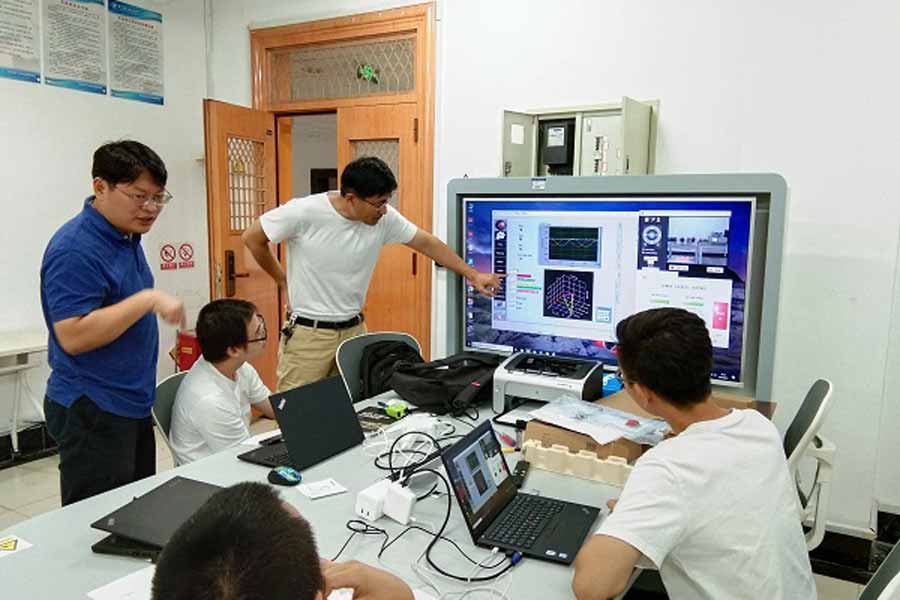
Bronze for an immersive entrepreneurial ecosystem
Professors Ján Rehák and Romain Pouzou, from the Querétaro campus, headed the “Transversal Entrepreneurship through Comprehensive and Immersive Experiences” project, which won them bronze in the Management Education category.
This project seeks to move from traditional entrepreneurship class experiences to immersive experiences based on challenges with external partners and specialized mentors in various spaces (bootcamps and hackathons).
“We realized that entrepreneurship classes are often generalized. There’s a lack of technical experts in fields students want to start out in, and in class, they follow a linear process that in actual fact isn’t like that at times,” says Pouzou.
Their project encompasses 4 immersive challenge-based experiences: “DigiEduHack”, involving 53 universities from 33 countries, and “ActInSpace”, involving 6 universities in Mexico.
There’s also “Global Entrepreneurship Summer School”, with 45 universities from around the world, and a Social Entrepreneurship Bootcamp held internally that has impacted more than 2,200 students.
“Our portfolio includes these immersive experiences. It’s been interesting to see in some of the projects, where we measure the percentage of entrepreneurship, more than 80% (of students) continue to be entrepreneurs.
“The first win is when you’re selected as a finalist. We were extremely satisfied with that, but we’ve been very pleased because it’s important and it’s a national validation for (the Tec’s) Business School,” says Rehák.
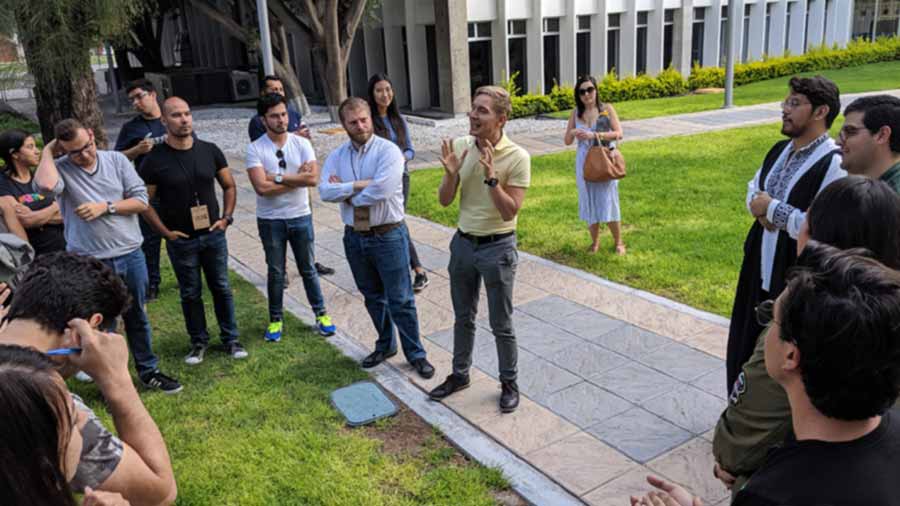
The 2021 QS Reimagine Education Awards
This recognition is awarded by international ranking organization QS Quacquarelli Symonds, in charge of publishing the QS World University Rankings, one of the lists of the best universities in the world.
The most outstanding educational projects at an international level were recognized by the 2021 awards, which were held at the end of the year.
These awards are given to projects that achieve outstanding standards of innovation, scalability, efficiency, and originality.
This year, projects participated in one of 16 categories organized thematically, as well as in global and regional categories and by subject area.
The 3 Tec projects to obtain gold, silver, and bronze were chosen from a list of finalists in their categories, to later be ranked in the first 3 places, respectively.
1,472 educational projects from 72 countries participated in the 2021 awards, with the winners of the global award receiving funding of 50,000 dollars.
“The value (of the award) is the prestige. For the institution to receive an award from QS at an international level is especially valuable, I think.
“It also motivates us a lot as teachers and tells us we’re on the right track,” said Jhonattan Miranda.
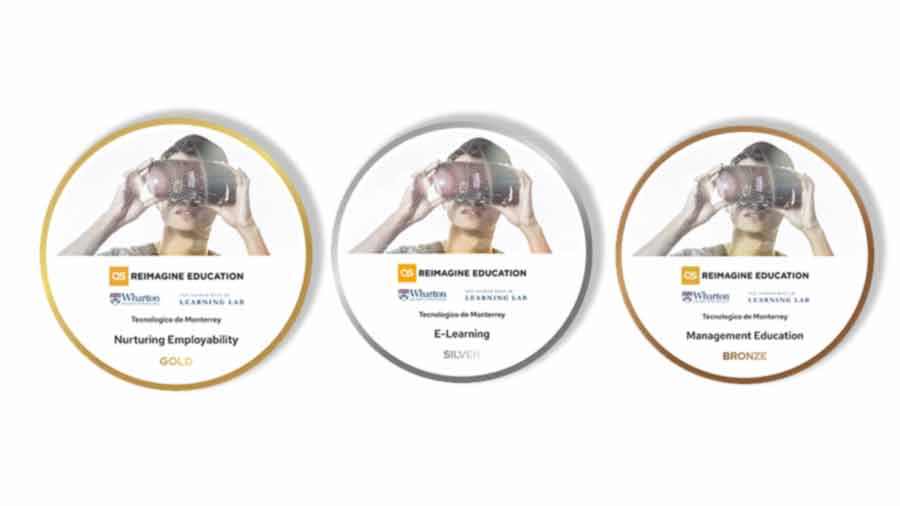
READ MORE:

